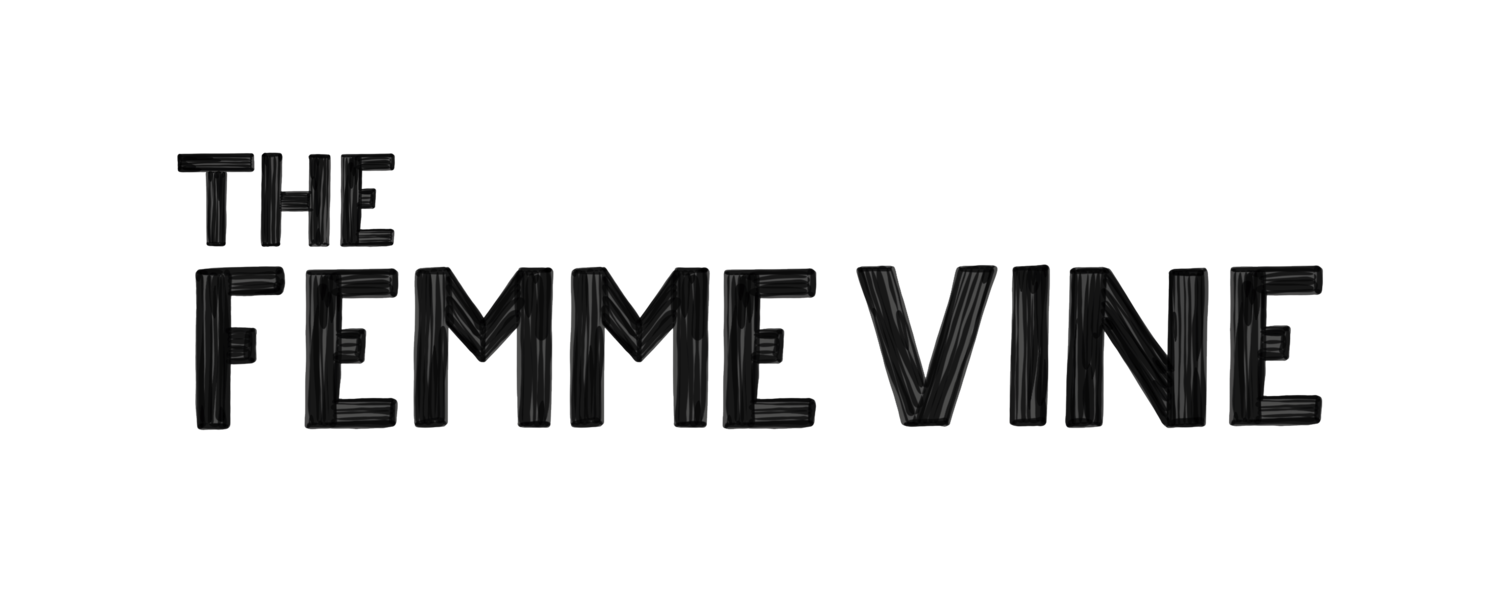Behind the vine
Eva Clüsserath-Wittmann - Weingut Ansgar Clüsserath - Mosel, Germany
When do you think you fell in love with wine, enough to make a career of it?
I was born in the Mosel Valley - my family and winery have been there for many, many years. And Mosel Riesling is really the first wine that I grew up with and fell in love with. From when we were young, my sister and I had always helped in our winery and with the harvest. But even growing up around wine, it was not clear from childhood that I would be a winemaker. There was no expectation on me to go into the wine business.
After finishing school, I was thinking about what to do. I liked biology, biochemical studies, and I had always liked drinking and tasting wines. So, I thought winemaking was a good fit, and let you tap into many different interests from different roles: marketing, working with nature in the vineyard, being in the cellar, leading tastings, traveling. Especially when you have small wineries, you wear many hats. So I began school after a year of practice in other wineries, and after beginning, I was sure it was the right choice. During my studies I met my husband - Philipp Wittmann, whose family had a vineyard in the Rheinhessen. We're in a special position because we both have wineries, so it’s a very special situation to have two regions that are so different.
What story does your wine tell?
In the Mosel there are so many styles of Riesling: dry to sweet, young to old, it's a lot to explore!
Our wine is all about exploring the origin, the really special Mosel terroir. Each bottle has a piece of the Mosel in the elegance and minerality.
It’s also a bit of family tradition. I started working together with my father in the cellar, and we still work with some really old casks that my father also did. So it's a bit of family tradition. Which I really respect and there are wonderful things in these traditions. But there's also new things, or technical ideas that when I started my father teased me that my ideas were also the ideas of his father.
The thing in my head is traditional winemaking in the Mosel is a good thing and you should keep the good things about the tradition, but I have my own ideas and my own idea of what a perfect Riesling is for me. That's the exciting thing about managing the tradition and your own ideas. You're always learning. This is the really fascinating thing in the wine business.
“You should keep the good things about traditional Mosel winemaking, but I have my own thoughts and my own idea of what a perfect Riesling is for me.”
- Eva Clüsserath-Wittmann
What misconceptions about wine do you think people should forget?
You should not try to analyse a wine when you're drinking. Trust your own taste. It's your own feeling. You can try to find what is a piece of the wine that's fascinating for you. Try not to analyse it too much, how you feel about a wine comes first from the heart, not from the head.
What great things about wine do you think people should remember?
Good wines are really handcrafted. It's a lot of hand work in a bottle of wine, a lot of different people and different things that goes into it. The landscape, the soil, the climate, where it comes from, a part of the winemaker - it’s all in that one bottle.
What is a piece of advice you would give to a woman interested in breaking into the wine world?
She should forget about the idea that the wine world is a man’s world. A lot has changed since I've started. Even when I studied, it was only 10% women, but now it's 50%, maybe more. Which is a very good thing. It's really natural that females get involved in wine. Do your own thing and do what you want. Follow your ideas, forget about the cliches.
Who is a woman in wine you admire and think everyone should know about?
A very fascinating women is Elisabetta Foradori - she really knows what she does. I think she's one of the first women to stand on her own.
Where can women find your wine?
In the UK, O.W. Loeb is our distributor, and in the US you can search here.



